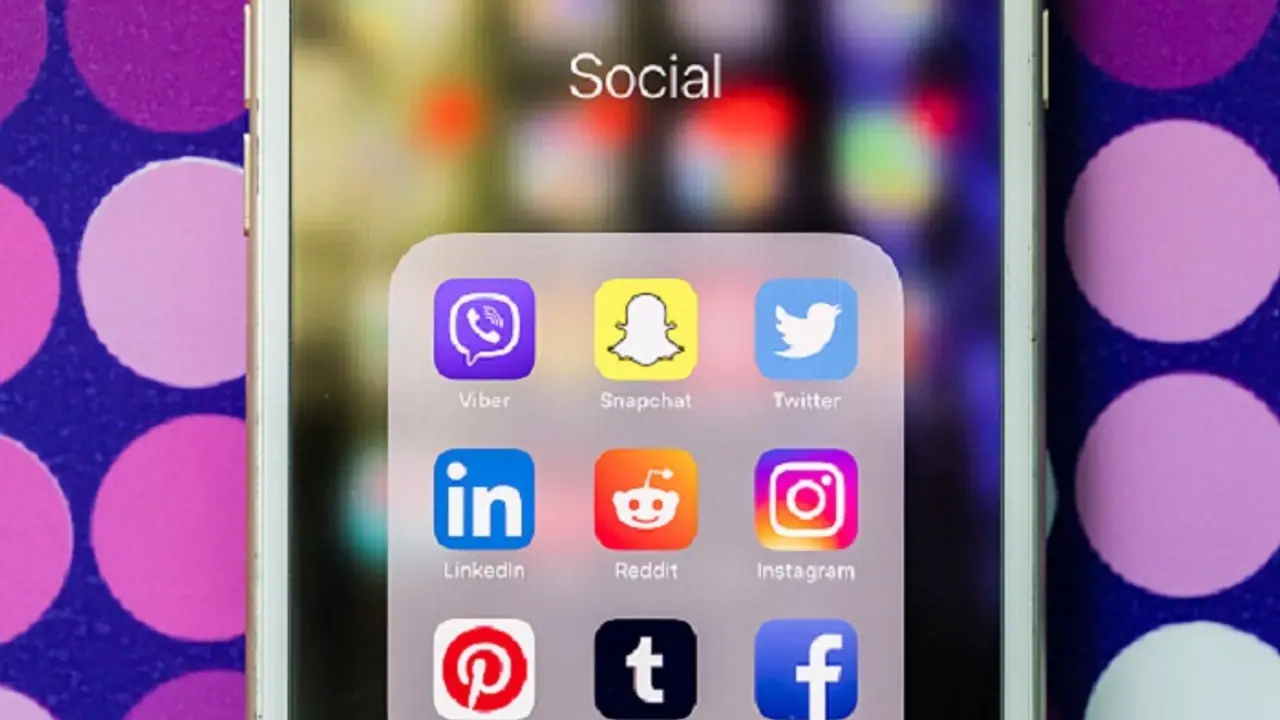Avid social media users are more prone to mental illness as they are often subjected to bullying, body shaming and insomnia
The fact that India now has the most number of Facebook users, surpassing even the US, is no more a surprise given that the social network users’ population is expected to hit 258.27 million in 2019.
To be precise, according to a 2017 The Next Web report, there are around 241 million Facebook users in the country where 28.77 % of the people have access to the Internet (statistic by Telecom Regulatory Authority of India as of 2016).
So, is India becoming technologically savvy? Well, it might be the case but it comes with a hefty prize.
The Economist, sighting a 2017 survey by the Royal Society for Public Health, reported that social media users are vulnerable to mental illness.
The survey stated though social media platforms like Facebook, Instagram, Snapchat and Twitter help youngsters, aged 14-24, to express themselves and build a community, they also triggered anxiety and depression. In some cases, users experienced insomnia, bulling, body shaming and “fear of missing out”.
Why so?
Further studies have found out that Facebook activates the same part of the brain that is engaged while gambling and substance abuse. And guess what? Even Facebook’s founding president Sean Parker has admitted that it works by “exploiting a vulnerability in human psychology”, reported The Economist.
However, it has always been difficult to establish this because there are several contrary studies. The website reports that one survey, which studied 5,208 Americans between 2013 and 2015, stated that increase in Facebook usage was linked to reduction in reported mental health.
What is the solution?
The easiest solution to the problem is to cut down on screen time, reported The Economist. It is believed that even the most obsessive users can do so. On the other hand, data from an activity-tracking app "Moment" show that light social-media consumers can also content. It asks its one million users each week if they are happy with the amount of time they spent on a social media platform. More than half of the Instagram users, who in an average spent nearly an hour per day on the photo and video-sharing platform, have reportedly said that they feel miserable. This data is higher than for any other social network.
Moreover, it has also been proved that there is nothing like the age-old heart-to-heart phone conversation. While the happiness rate is 84 % for phone calls, a video-calling app called the FaceTime shows a rate of 91%, as reported by the website.
